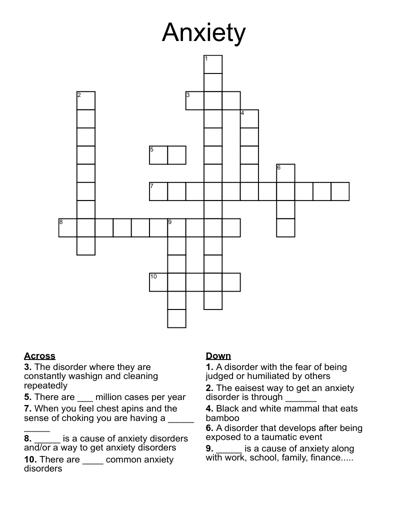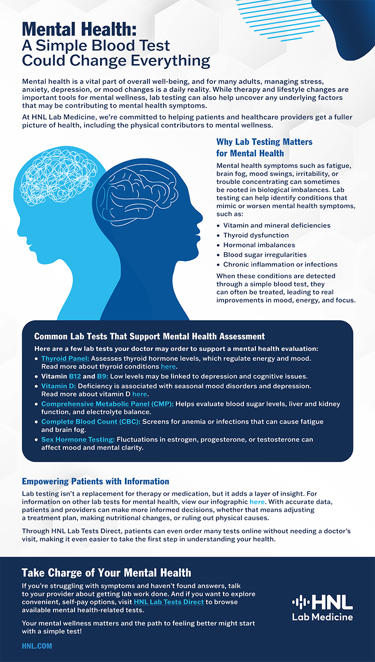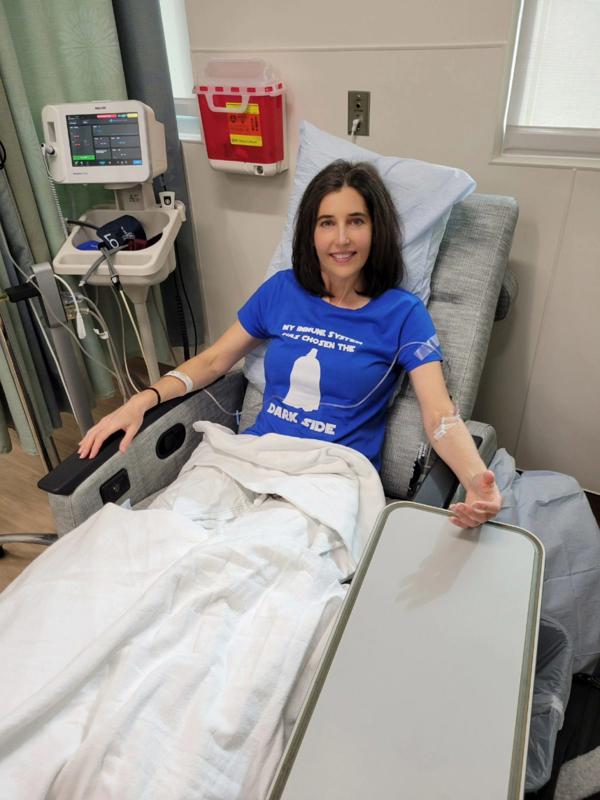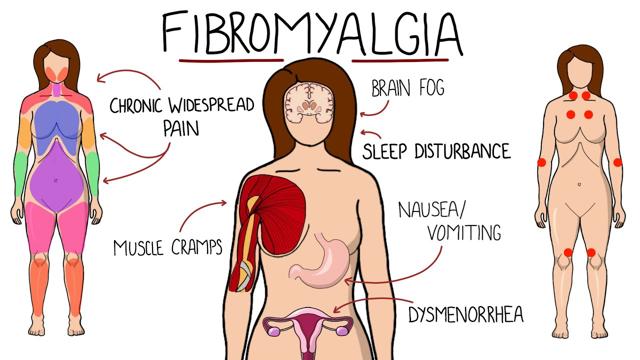Why Do I Feel This Way? Unraveling Your Health Puzzle
Understanding Your Physical and Emotional Well-being

Frequently Asked Questions
Start by acknowledging your feelings, identifying triggers, leading a healthy lifestyle, practicing mindfulness, and seeking professional help if needed.
Positive lifestyle changes, such as a balanced diet and regular physical activity, can lead to improvements in mood, reduced stress, and an overall better mental state.
Step by Step Guide
1
Recognize Your Feelings
Start by taking a moment to observe how you’re feeling. Are you experiencing physical symptoms (like fatigue or headaches) or emotional ups and downs? Write them down to pinpoint specific feelings.
2
Identify Triggers
Reflect on recent events in your life. Think about changes in your routine, such as job stressors, relationship issues, or personal losses. Try to match these triggers with the feelings you've noted.
3
Assess Your Lifestyle
Evaluate your lifestyle choices, including diet, exercise, sleep habits, and substance use. Are you consuming enough nutritious foods? Are you getting regular physical activity? Lack of self-care can contribute significantly to how we feel.
4
Practice Mindfulness
Engage in mindfulness techniques such as meditation, deep-breathing exercises, or journaling. These practices can help you understand your thoughts and feelings better and support emotional regulation.
5
Seek Professional Guidance
If feelings persist or worsen, consider reaching out to a healthcare provider or mental health professional. They can provide tailored advice or recommend coping strategies suited to your situation.
6
Develop Coping Strategies
Explore various coping strategies that work for you. This could include physical activities like yoga, creative outlets like painting, or social activities with friends. Tailor these strategies to fit your individual needs.
7
Track Your Progress
Keep a journal of your feelings and any patterns you notice over time. Document the strategies you try, how they affect you, and your overall mood levels. This can help identify what works best.
8
Establish a Support System
Build a network of friends, family, or support groups. Having supportive people around you allows for sharing feelings and experiences, and can significantly aid in your emotional recovery.
9
Educate Yourself
Research mental health, emotional well-being, and coping strategies. Understanding more about how our minds and bodies work can empower you to take control of your health.
10
Be Patient with Yourself
Emotional and physical healing takes time. Be gentle with yourself, recognize that it’s okay to feel unwell, and allow yourself to progress at your own pace.








